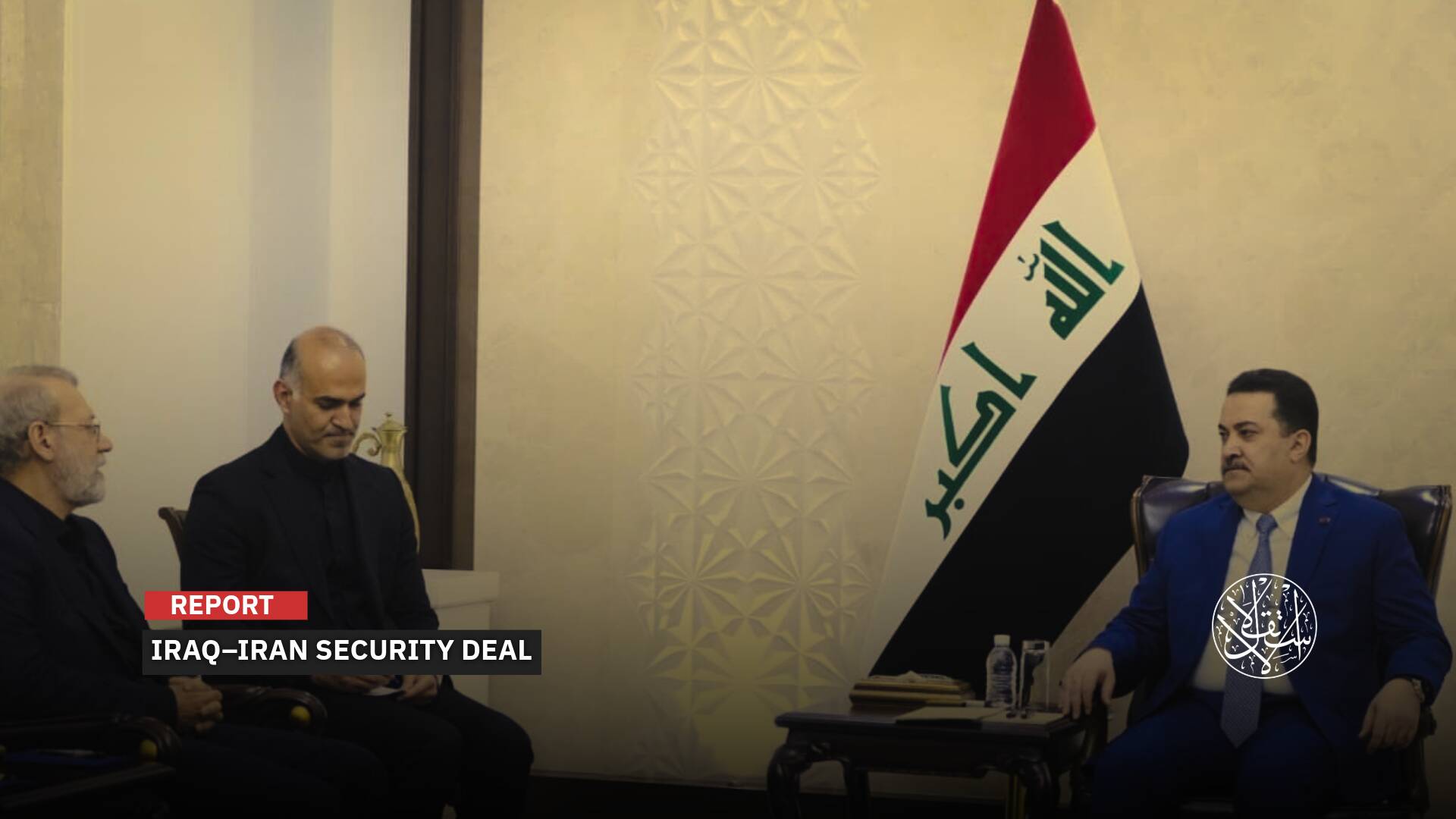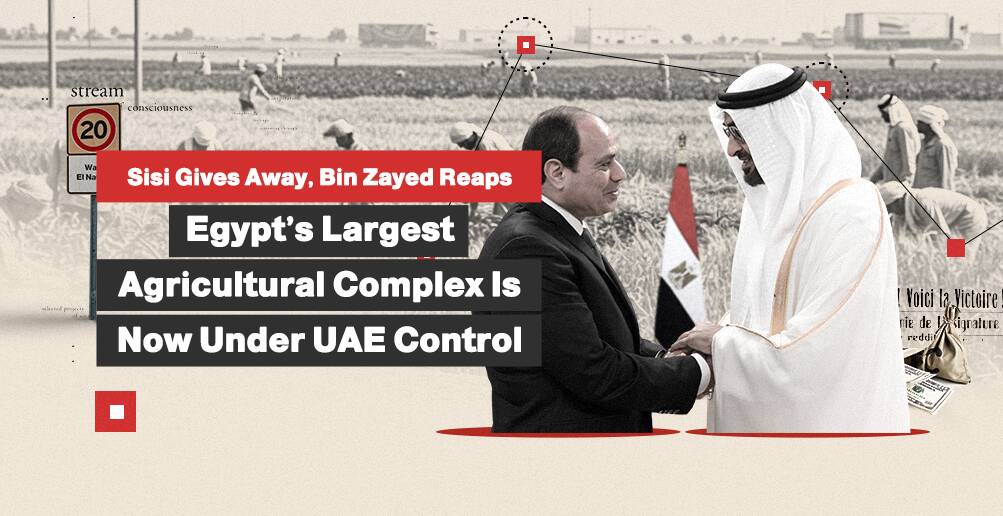How is the Ukraine War Squeezing Egypt's Economy?

The American Stratfor Center for Security and Intelligence Studies (described as close to US intelligence) published an analysis in which it asserted that the Russian war in Ukraine had put the Egyptian regime on a boiling surface as it continued, the economy plummeted, and the local currency collapsed.
Despite the worsening economic conditions in Egypt, widespread waves of protest are currently unlikely, given the Egyptian regime's firm security grip and the government's plans to increase social spending to ease the sense of crisis, but if the fallout from the Ukraine war continues to drain the country's finances, Sisi's government may eventually be forced to take painful austerity measures, which could increase the risk of protests.
Among developing countries, Egypt was particularly vulnerable to the commodity price shock caused by the Ukraine war.
Earlier this month, the Egyptian currency hit an all-time low, with the exchange rate exceeding 19 Egyptian pounds per US dollar.

Inflation Crisis
Although overall inflation fell slightly in June from the previous month due to a slight decline in food prices, consumer prices are still higher than before the Ukraine war outbreak in February.
The combined impact of high inflation and the recent devaluation of the currency has increased economic pressures on Egyptians of various social classes.
Egypt's economy will remain weak as long as Ukraine's war continues to deplete Cairo's foreign exchange reserves by increasing the cost of imports, lowering tourism, and alarming foreign investors.
The devaluation of the Egyptian pound has increased the cost of imported goods (such as food and fuel), exacerbating the commodity price shock created by the war in Ukraine.
The war has also reduced the number of Ukrainian, Russian, and European tourists visiting Egypt, depriving Cairo of a significant source of foreign currency. Before the war, Russians and Ukrainians accounted for about 30 percent of tourists visiting Egypt.
Meanwhile, foreign investors have withdrawn about $20 billion from the Egyptian market this year amid rising global interest rates.
This loss of capital and tourism revenues—along with an increase in the cost of imports—has eroded Egypt's foreign exchange reserves ($33.4 billion at the end of June, down from about $41 billion at the end of February).

Poverty Line
The increased burden on Egyptian families has exacerbated anger against the government. However, mass protests remain unlikely for the time being due to the country's strong security grip.
Growing economic grievances are still unlikely to fuel demonstrations thanks to the dispersal of any unauthorized gatherings by security forces.
Since the Arab Spring, Egyptians generally have had a low appetite for major popular unrest. But increases in the cost of living carry the risk of fueling discontent with the system, with more than a quarter (30 percent) already living below the poverty line.
In recent months, Egyptians have increasingly turned to social media to express their anger at the government, particularly over rising prices for public transport, fuel, food, and essential goods.
If the war in Ukraine continues to hit the Egyptian economy, there is a chance (albeit minimal) that this popular anger will eventually reach levels beyond the government's ability to contain it through the usual security methods.
Cairo's plans to expand social spending and maintain commodity subsidies will mitigate unrest risks by mitigating the sense of economic crisis in the near term.
The Egyptian government's latest budget shows it is preparing for an extended period of increased government spending on population support during this period of economic uncertainty.
Before the Ukraine war, the government was considering cutting back some of these subsidies (including bread, water, and electricity), which severely affects state finances.
But in the current economic climate, the Egyptian government will try to avoid such reforms, recognizing that putting any additional pressure on Egyptians who are already suffering would risk fueling public anger.
This is especially true of food subsidies that are exceptionally politically sensitive because they help prevent the most vulnerable Egyptians from falling prey to hunger.

IMF Debt
If Egypt's economic downturn is not halted in the coming months, Cairo will likely need external funds to boost government spending, which will likely require new austerity measures that could increase pressure on Egyptian households.
If the current economic situation continues beyond the end of 2022, it leaves Egypt with no choice but to take on more debt.
Cairo is likely to push for financial assistance from Gulf states, as well as external funding from institutions such as the International Monetary Fund.
The UAE's appetite for investment in Egyptian companies could reinforce Cairo's drive to privatize government-owned companies, including those related to Egypt's defense sector.
If Egypt remains committed to privatization projects, it could contribute to a positive attitude by the International Monetary Fund, which has encouraged Egypt to build a more vital private sector.
However, finalizing any agreement with the IMF still requires Cairo's approval of economic reforms that include unpopular austerity measures.
Although the ongoing talks between the IMF and Egypt point to some division between the two sides over the pace and scope of these reforms, the current Sisi administration has previously shown a willingness to raise taxes and cut subsidies, despite the cost to Egyptian households.
If Ukraine's war continues to drain the country's finances, Cairo may be forced to impose such measures again in order to open the door to more IMF financing.










